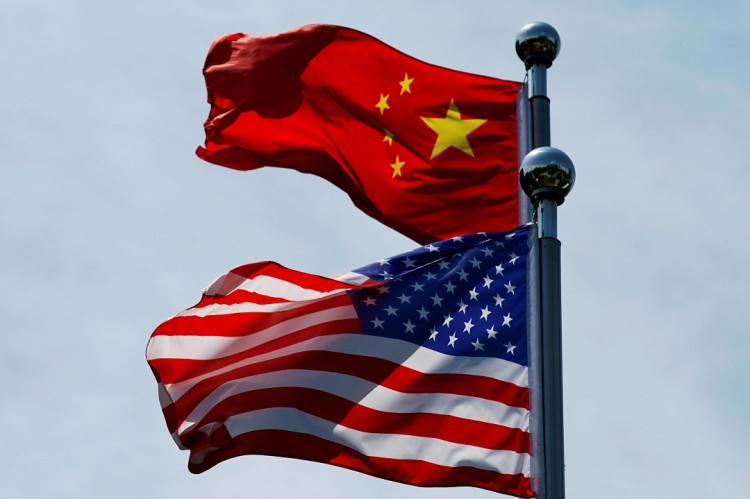China has temporarily lifted restrictions on 28 U.S. companies tied to dual-use goods, signaling a partial thaw in trade tensions with Washington. However, Beijing continues to block exports of seven critical rare earth elements, maintaining a potent lever over U.S. defense and high-tech industries.
The 90-day suspension, announced Wednesday by China's Ministry of Commerce, removes the targeted firms from the country's export control list for dual-use items-goods with both civilian and military applications. It also lifts trade and investment bans on 17 firms that were previously designated as "unreliable entities." These moves are seen as early concessions following a weekend agreement between China and the Trump administration in Geneva to pause certain retaliatory trade measures.
According to the Geneva statement, China agreed to "adopt all necessary administrative measures to suspend or remove the non-tariff countermeasures taken against the United States since April 2, 2025." Yet the rare earth export curbs remain in place.
On April 4, Beijing imposed restrictions on the export of samarium, gadolinium, terbium, dysprosium, lutetium, scandium and yttrium-metals vital to missile systems, electric vehicles, and advanced electronics. Despite broader détente efforts, China has not reinstated exports of these materials to the U.S.
The Ministry of Commerce simultaneously issued a separate directive emphasizing the need for "comprehensive control of strategic minerals," citing national security. A state-linked media account, Yuyuantantian, hinted at the rare earths' role in the ongoing negotiations, posting, "With U.S. defense industries now 'strangled by rare earth shortages', what changes might occur in American weapons and equipment?"
Among the 28 American companies granted temporary relief are several operating in aerospace and defense, including Teledyne Brown Engineering, Kratos Unmanned Aerial Systems, and Insitu. Universal Logistics Holdings, Hudson Technologies, and Cyberlux were also removed from the export control list, having been placed there in April in retaliation for U.S. tariff escalations.
On April 9, China expanded its restrictions to include 12 additional firms, just as President Donald Trump excluded China from a three-month global tariff suspension. Trump later hailed the latest agreement as a "total reset" in U.S.-China relations.
Companies removed from the unreliable entity list, which previously barred them from new investment and trade in China, include drone manufacturer Sierra Nevada Corp. and defense contractor Kratos. The reprieve allows these firms to resume operations in China under strict licensing requirements.
While the policy shift allows dual-use exporters to apply for licenses, the omission of rare earths from the suspended controls underscores their continued strategic value to Beijing. China dominates global production of rare earth elements, accounting for over 80% of U.S. imports, making any disruption to supply chains a serious national security concern in Washington.






